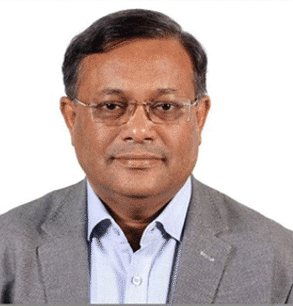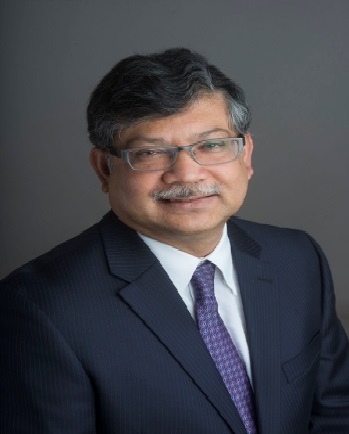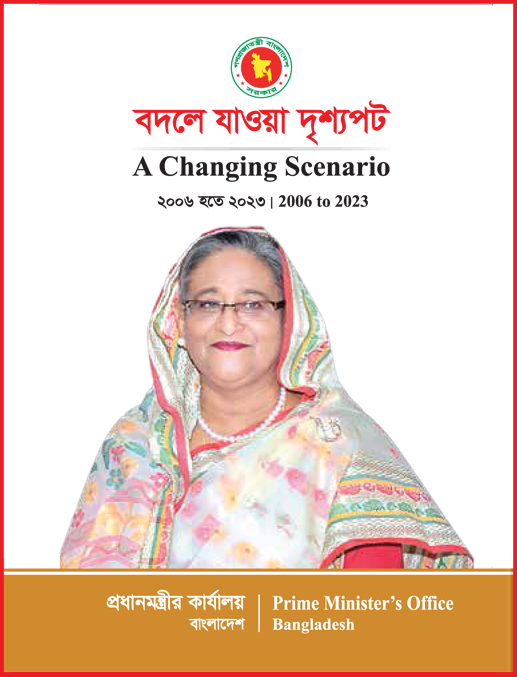Statement by H.E. Dr. A. K. Abdul Momen, MP Hon’ble Foreign Minister of Bangladesh At the Ministerial meeting of the XVIII NAM Summit Baku, Azerbaijan, 23October 2019
Mr. Chairman
Distinguished Colleagues
Excellencies
Ladies and gentlemen,
Good morning/afternoon,
Let me begin by expressing my delegation’s sincere appreciation to the Republic of Azerbaijan for organizing this Ministerial meeting prior to the Summit. Let me also convey our deep appreciation to the hosts for excellent hospitality extended to us.
Mr Chairman,
Recognizing the importance of NAM, our Father of the Nation Bangabandhu Sheikh Mujibur Rahman decided to join the Movement in 1973 in its Algiers’ Summit. I also recall his intimate and endearing friendship with the architects and the great leaders of the NAM, and his total commitment to its principles. Bangladesh, with its foreign policy based on the concept of ‘friendship to all and malice towards none’, has also been a strong believer in the goals of the Movement. Principles of Non-aligned Movement in many ways have defined and set the foreign policy objectives of Bangladesh. In the same spirit, we firmly believe in the continued relevance of NAM in the ever-changing geopolitical realities of our times.
Mr. Chairman,
Let me briefly state how we see NAM as an initiator of new and qualitative system of international relations. The following values and standards were achieved through establishment of NAM:
First, pluralism.
The political movement for anti-colonialism, anti-racism and peaceful coexistence expressed at Bandung was actually consistent with a pluralist conception of the international society. This value helped strengthen the foundations of a pluralistic international society accommodating cultural and political differences.
Second, international order.
The ‘Bandung Príncipes’ was celebrated as a key milestone in the emergence of the ‘Third World’. Although the mainstream international relations have paid comparatively less attention to its broader impact in the evolution of the modern international order, these principles, indeed contribute towards the evolution of a stable and equitable post-war global order. While NAM challenges and transforms the post 2nd world war global order, it simultaneously builds and affirms a new reality of balancing act in global politics.
Third, New concept of economic and technical cooperation.
If we consider today’s reality, the ultimate aim of the ‘Bandung principles’ was to focus specifically on the development aspirations of the vast majority of developing nations. These principles also set important precedents that enabled different manifestations of South–South cooperation thereafter, which has emerged today as an important pillar of development.
Fourth, Solidarity.
The ‘Bandung principles’ led a way to collective political wisdom against colonialism and imperialism and urged for self-determination and racial equality. The ‘Bandung spirit’ also underlined the solidarity among races. These principles pledged for respect of fundamental human rights and the UN charter.
Fifth, Good neighbourliness.
The principle of equity among nations and the promotion of mutual respect and cooperation paved the path for friendly relations among countries. Following this spirit, Bangladesh has endeavored to take its relations with its neighbours to a new height. Regional connectivity and promotion of people to people contact remain as important cornerstones of our foreign policy.
Mr. Chairman,
The world today is facing uncertainties at different levels. Inequalities and injustices are arising out of the new geo-political and socio-economic challenges. The utility of Multilateralism is being questioned. In this complex situation, the principles of Non-aligned Movement have gained further importance. The values and ideals that were envisioned in 1955, by no means, lost any significance. These still are the beacon of hope in this tumultuous time of international relations. We believe, NAM today needs, more than ever, to be a united, strong and effective movement to ensure global peace and security and sustainable development that we long for.
Mr. Chairman,
The Bandung principles is a very precious possession of all human beings, which must be carefully protected and nurtured. As the most important platform after the United Nations, NAM can and should ensure that the UN can play an important role in convincing its member states to follow these principles to uphold the dignity and aspirations of humankind. I would like to reaffirm, commitment to build on the ‘Bandung principles’ and carry forward the ideals that our great leaders once dreamt for the prosperity of succeeding generations. I am pleased to share that imbued with these ideals, Bangladesh for the last two decades pioneered a UNGA resolution on ‘Culture of Peace’ which was co-sponsored by many fellow NAM members. This year, at the UN, we celebrated the twentieth anniversary of the resolution with renewed resolve to furthering the global efforts to peacebuilding. Culture of Peace promotes a mindset of tolerance, a mindset of respect towards others irrespective of colour, ethnicity, religion and background for a sustainable world of peace and stability away from politics of hatred resulting in violence and wars.
Mr. Chairman,
Our leaders committed in agenda 2030 that there cannot be any development without peace, and peace cannot be sustained without development. Therefore, it is critical for NAM states to continue to work for peace which will consequently ensure the achievements of SDGs by 2030. I would like to take this opportunity to emphasize on expanding South-South cooperation within this forum to help realise its potentials as complementary to North-South cooperation. During BAPA+40 conference held in Argentina earlier this year, I announced the establishment of South-South Centre for Knowledge and Innovation in Bangladesh to promote cooperation among developing nations.
Excellencies,
Bangladesh’s development trajectory is a miracle. We have achieved unprecedented economic growth and socio-economic development under the dynamic and visionary leadership of Prime Minister Sheikh Hasina. Our current GDP growth is 8.13% and as per ADB, highest in Asia. We expect over 8% of growths for next two years as well. Our successes in poverty reduction, primary healthcare, women’s empowerment, gender equality, gender parity in primary and secondary education and climate adaptation efforts have been widely acclaimed. Our commitment of ‘zero tolerance’ against of all forms of terrorism and violent extremism contributes to peaceful co-existence among all sections of our society. Bangladesh has been contributing to global peace and security as one of the top Troops and Police Contributing Countries for the last three decades.
Mr Chairman, Excellencies, ladies and gentlemen,
I have already mentioned our policy of friendly relations with all countries including our neighbour Myanmar. Unfortunately, nearly 1.1 million Myanmar residents known as ‘Rohingya’ were kicked out of their country and to avert 2nd deadliest ethnic cleansing and genocide, we provided these persecuted people temporary shelter in Bangladesh. Myanmar, our friend, agreed to take them back. They agreed to create a conducive environment inside Rakhine province so that Rohingyas can go back in safety and security. Unfortunately, none has gone back till today and it is causing social, environmental and economic crisis and if not resolve quickly, our fear is, it may create pockets of radicalism and terrorism destabilizing the entire region including Myanmar. Myanmar created this problem and they must resolve it quickly for good of all as they did in 1992.
Mr Chairman,
Despite our best efforts, two attempts to repatriate Rohingyas to Myanmar could not be implemented as the Rohingyas are afraid of safety and security. Therefore, we would urge all of you, particularly the ASEAN neighbours of Myanmar to remain engaged and put further effort so that all Rohingyas currently in Bangladesh could be repatriated in a safe, dignified, sustainable and sustainable manner. The international community should not fail to ensure that international humanitarian and human rights laws are respected in full. If we do not want to see a recurrence of the Rohingya crisis, we should hold the perpetrators accountable. Only then, peace can be consolidated and sustained, and we all can live in harmony and dignity without any fear and anxiety. In the spirit of NAM, let me hope that NAM members Myanmar and Bangladesh can show that they can resolve their problems through dialogue and discussions.
Thank you, Mr. Chairman.
Joy Bangla, Joy Bangabandhu.













